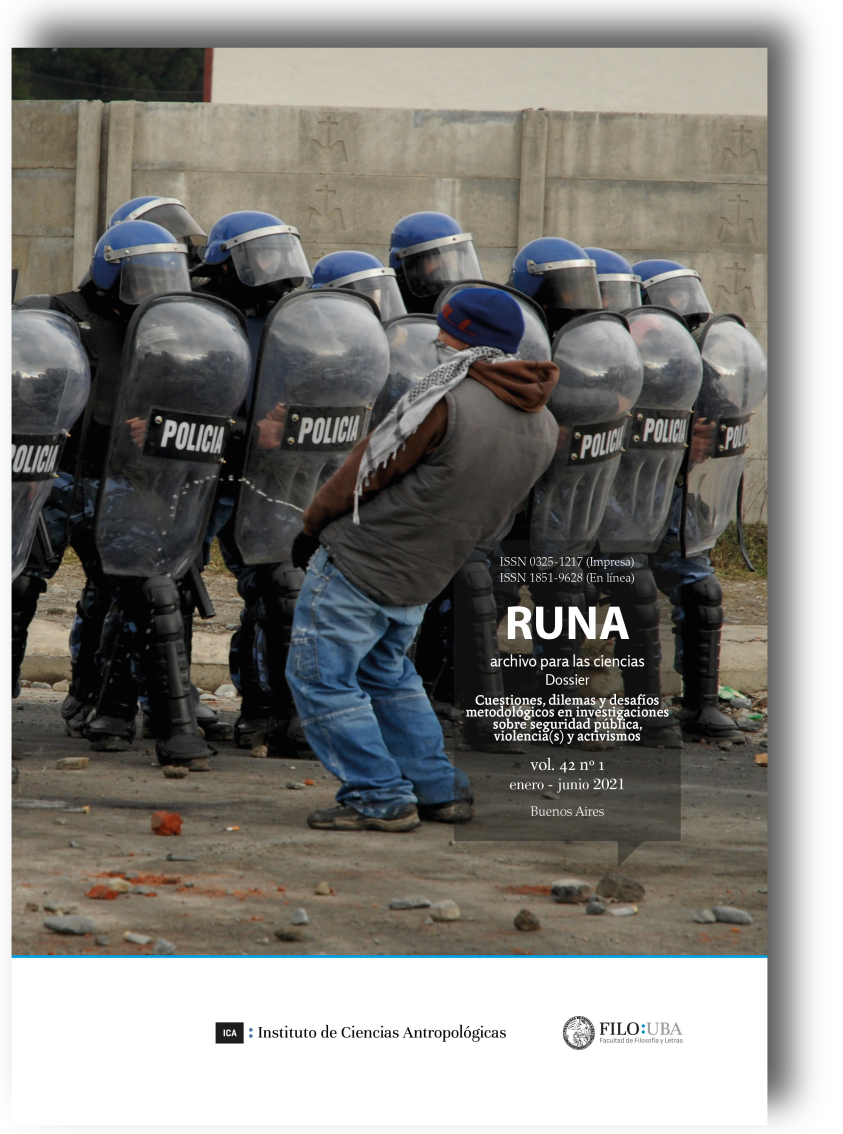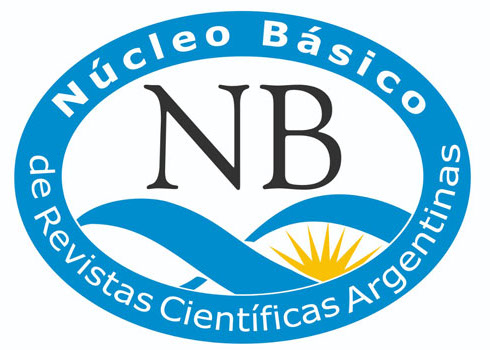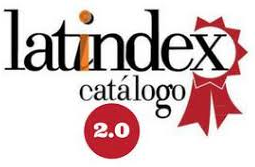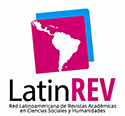Memory and resistance in the stories of the copla of the Calchaquí Valley (Salta, Argentina)
Abstract
Ethnography in non-Western societies has put a strain on the nature-culture conception, taking away its universal character. Within the framework of this discussion, here we propose to explore the nuances that this relationship acquires from the coplas, a type of narrative that accounts for the ways of signifying and representing the world for those who produce and reproduce them. For our purposes we work on a set of coplas from the northern zone of the Calchaquí Valley, specifically in the department of Cachi (Salta) and from semi-structured interviews, obtained in field work, as well as from bibliographical compilations. In some cases nature appears personified, endowed with the qualities of a subject in her interaction with humans. We interpret these characteristics in association with the forms of representation of the indigenous peoples that inhabited the region and which have been represented in the huanca stones.Downloads

Runa, archivos para las ciencias is a publication of the Instituto de Ciencias Antropológicas, Facultad de Filosofía y Letras, Universidad de Buenos Aires and is distributed under a Creative Commons Attribution 4.0 International License.
Runa maintains its commitment to the policies of Open Access to scientific information, considering that both scientific publications and publicly funded research should circulate on the Internet freely, free of charge and without restrictions.
The contents and opinions expressed in published articles are the sole responsibility of their authors.



















